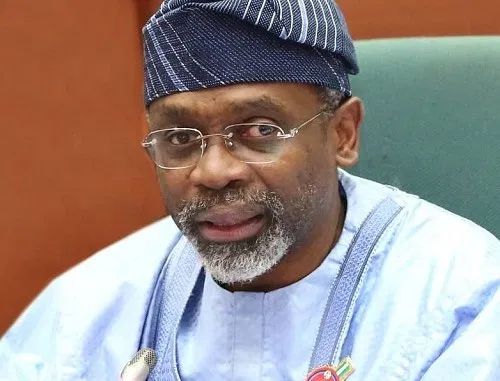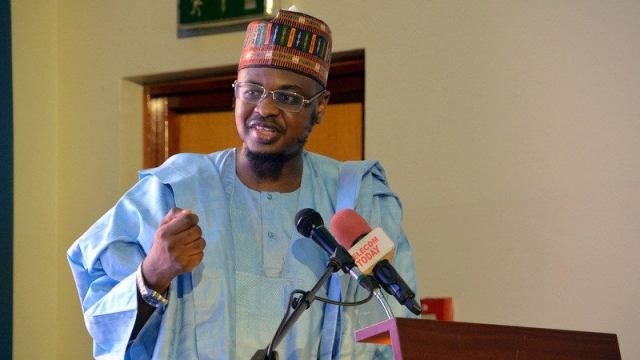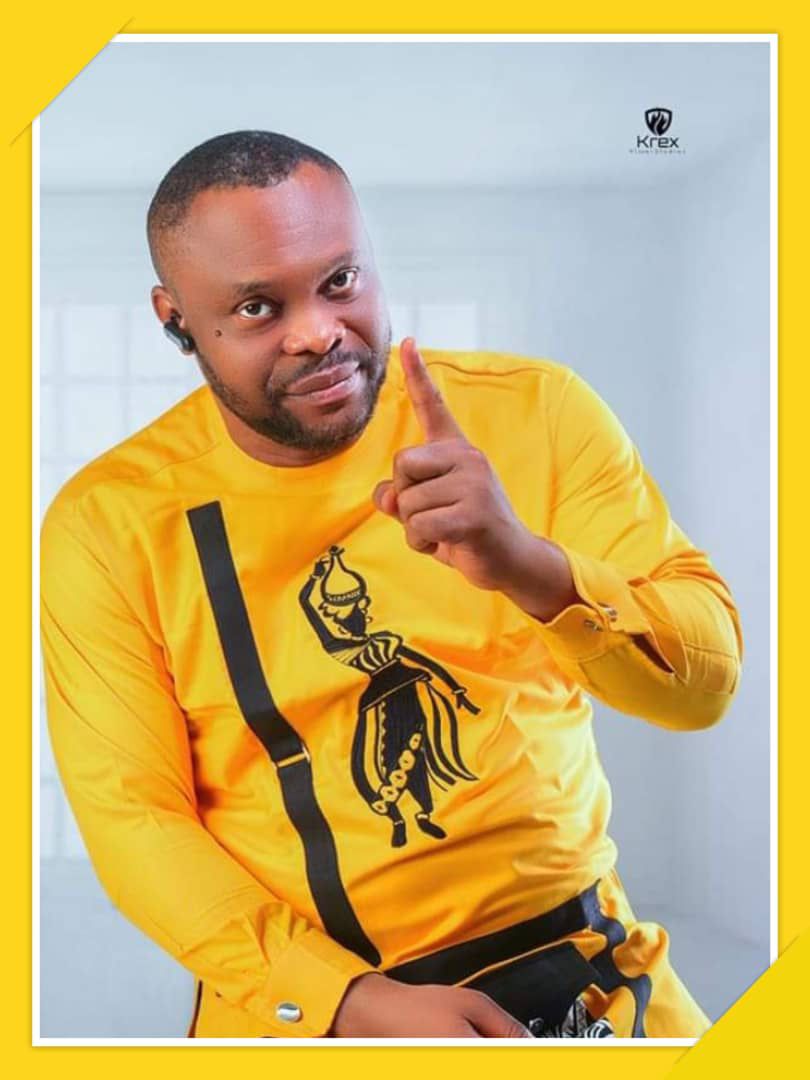The Director-General of the Progressive Governors’ Forum, Salihu Lukman, has advised the All Progressives Congress against having what he called “blind trust” in some of the leaders of the ruling party towards the 2023 general election. Lukman warned that the APC may not be able to win the next presidential election or have its candidate to succeed the President, Major General Muhammadu Buhari (retd.). The DG of PGF, in a statement issued on Monday and titled ‘Determining Factors for 2023 Contests in APC: Internal Contest and Inconvenient Reality,’ recalled how the ruling party lost governorship election in some states in the 2019 general elections, which he attributed to sabotage by APC leaders in the affected states. Lukman, therefore, called for regulation of party leaders’ activities, saying there is a need to ensure that “appropriate conditions exist to regulate the conduct of political leaders especially elected representatives.” He said, “Given that APC has become the go-to party in Nigerian politics, the need to regulate the conduct of party leaders is paramount. Inability to develop the capacity to regulate the conducts of party leaders will be injurious to the vision of developing the APC as a truly progressive party. “As much as it is a welcome development that the party is winning new members, there must be corresponding effort to regulate the conduct of party leaders, based on which efforts are made to provide new orientation to all party leaders, especially the newcomers. “Beyond the need to regulate the conduct of political leaders, there is also the need to appeal to leaders of the party to rise above the narrow attitude of relating with challenges based on estimation of support or opposition for ambitions of party leaders. “Once political leaders are able to estimate support for their ambitions, what follows is blind trust for both officials of the party and decisions they take even when such decisions are wrong and contravenes provisions of the party’s constitution.” The DG of PGF pointed out that the immediate past National Working Committee of the APC led by Adams Oshiomhole between 2018 and June 2020 “was a classic case of how many party leaders overlooked the obstinacies of some actions of the Comrade Oshiomhole-led NWC. He stressed, “Had all leaders of the party been able to insist that Comrade Oshiomhole-led NWC convened meetings of organs of the party where the required decision to resolve issues could have been taken, perhaps even Comrade Oshiomhole himself would have still remained as the National Chairman of the party. “Unfortunately, factors of blind trust by many party leaders which produced inconsiderate tolerance for wrong actions became the case. The truth is also that Comrade Oshiomhole and many members of the dissolved NWC became emboldened by the awareness of a divided APC leadership. “So long as APC leaders are divided, the potential that elected officials who will emerge in the reconstituted NWC will take advantage of such divisions to manipulate internal processes and in some cases, members of the new NWC may also become part of the problem of the party, in the same way that Comrade Oshiomhole led NWC was, if not worse. According to Lukman, part of the requirement for the APC to be able to retain the electoral advantage of Buhari is that “factors of blind trusts in the party must be eliminated.” He stated that “no matter the estimation of support or opposition of members of the new NWC to the ambitions of leaders, APC leaders must have very high moral credentials such that when the NWC erred, they are not beyond correction; or at least, they should not be allowed to be emboldened by any division in the rank of leadership of the party to block interventions by statutory organs of the party to resolve problems.” The DG of PGF added, “Similarly, members of the party must not relate with ambitions of party leaders based on blind trust. Members should be able to speak out and critically engage party leaders. “While there is no guarantee that critical positions of party members will not become the source of disqualification for consideration to appointive and elective positions, it is important that it is recognised that no matter what, it is better to be members of a party in power working to develop Nigeria than to be governed by any party whose mission is adversative to Nigeria’s development. “The other related issue is that when all leaders of the party relate with elected representatives based on demands for appointive positions in whatever form, it also weakens the capacity of party leaders to influence the initiatives of elected representatives. “Part of it also is that once leaders prioritise issues of securing appointments as the basis of relationship with elected representatives, rather than acting as sources of support for elected leaders, they become sources of distraction. This is dynamic, which played out in APC in 2015. Moving towards 2023, this needs to be rectified.” According to Lukman, an “inconvenient reality” which every APC leader and member who is committed and working towards protecting the electoral viability of the party should be worried about is that the strongest opponent of the APC is within the APC. He stated, “The truth is; other parties, especially the PDP, are shadow opposition whose electoral prospects are largely dependent on the outcome of internal contests in the APC, mainly because of the reckless and undisciplined conducts of some APC leaders. “If anything, the lesson from the 2019 elections, which every APC leader and member should be reminded of is that APC was defeated in Rivers, Zamfara, Bauchi, Adamawa, Oyo and many other places by aggrieved APC leaders who worked against candidates or leaders of the party as a result of internal disagreements around candidate selections for governorship of these states. “Such internal disagreement almost cost the party the loss of Imo State until the Supreme Court confirmed the victory of the APC. In Ogun, it was a traumatic victory. Kano State governorship election certainly had














